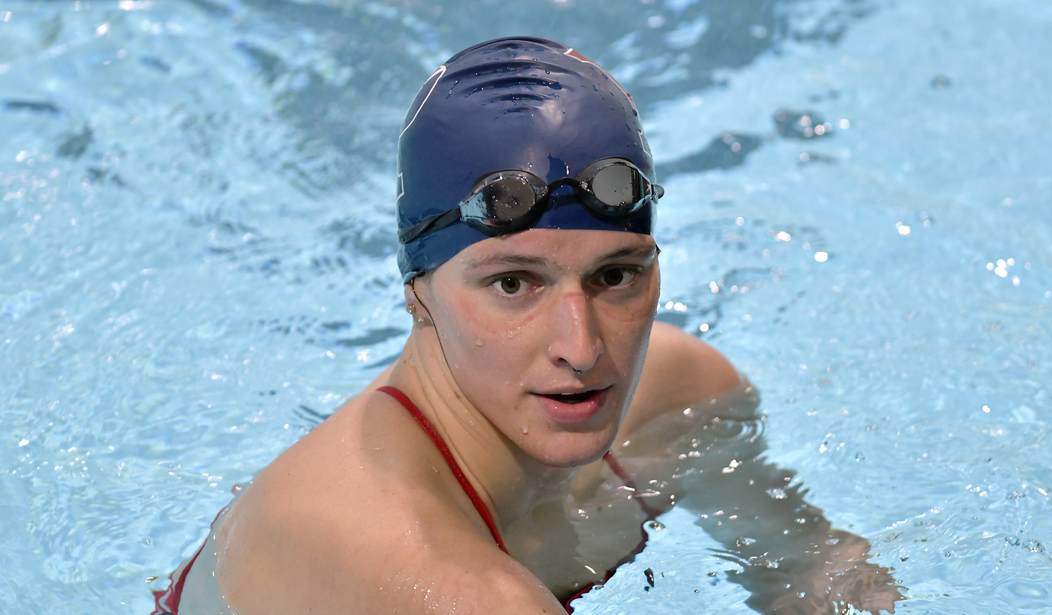Last summer, World Aquatics, the group that oversees most international swimming competitions, angered the trans community when they changed their rules to bar most male athletes from competing against women unless they had “transitioned” prior to the age of 12. It was one of the most sensible moves we’ve seen throughout this entire debate, but they were hit with the usual charges of transphobia, hate speech, and all the rest. It appears that they were not entirely insensitive to the complaints and they have been working since then to formulate a new compromise. This week, the group’s president announced that they have come up with what they see as a solution. They propose to add a third category of competitions beyond the men’s and women’s races and it will be open to “other” (trans) athletes and essentially anyone who can win the qualifying races. (AP)
Swimming will set up an “open category” that will include transgender competitors, the governing body of the sport said Tuesday.
World Aquatics president Husain Al-Musallam said the event would take place in the future among other races but gave no details. Reports suggest it could be this year.
“This is a very complex topic,” Al-Musallam said at the World Aquatics Congress in the southwestern Japanese city of Fukuoka. “But I am delighted to tell you today that we are now making plans for the first trial of an open category, and we hope to be able to confirm all the details soon.”
This is pretty big because World Aquatics sets the rules for some of the biggest competitions, including the Olympics and other world championships. (They have no control over the NCAA, however.) The first event with the third “other” category may take place as soon as this summer or fall.
This doesn’t seem like an unreasonable compromise and it’s not drawing absolute lines in the sand. Others have previously suggested having separate competitions specifically for trans athletes, but the idea hasn’t drawn much support from trans activists. There also probably aren’t enough trans athletes in each sport to fill out a reasonably sized field. But if you open it to everyone, you might draw some additional non-trans athletes who think they won’t do well enough in the main events but would be willing to give it a go in the trans races.
Such a third category might also produce the unintended consequence of answering another question that has surrounded this debate. The category won’t just be for men “identifying” as women. It will include trans men (women) as well. We’ve been asking here for some time now where all of the women transitioning to men and kicking the actual men’s butts are. Will they show up to compete in this category, and how will they fare if they do?
In any event, if you’ll forgive my lack of optimism, I’m not expecting the reaction to this news from the aforementioned trans activists to be positive. None of this gender-bending in sports or in schools has ever had anything to do with fairness, equality, or opportunity. It’s always been about shoving this in everyone else’s faces, forcing people to change their language, and bullying their way into private spaces, particularly those traditionally reserved for women.
These athletes like Lia Thomas aren’t fighting to compete in women’s sports because they need to prove that they’re “real women.” They’re seeking an advantage over competitors without the same inherent biological advantages because they weren’t able to reach the highest levels against other actual men. And in his case he was spectacularly successful, going from being a guy who almost never qualified for the finals to a “female swimmer” who hoisted some championship trophies. And in the process, he robbed plenty of actual women of potential opportunities. Perhaps World Aquatics is on to something here and we might be able to put this annoying debate to rest once and for all.








Join the conversation as a VIP Member